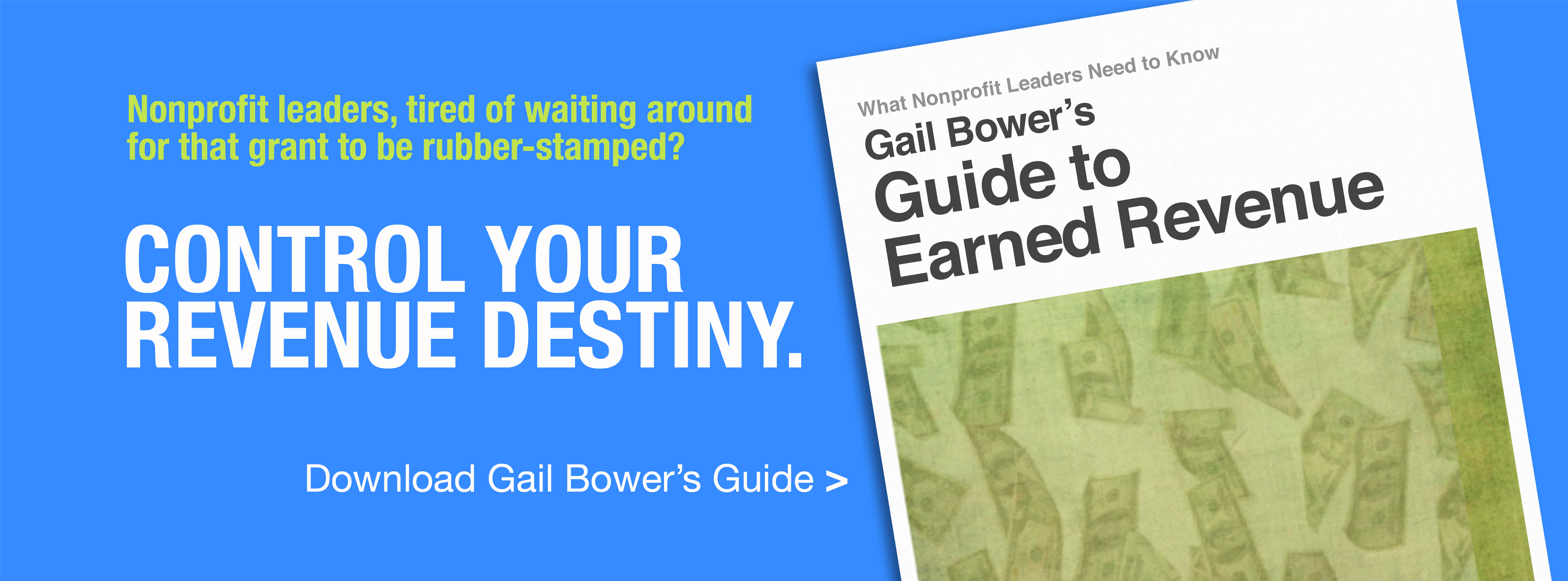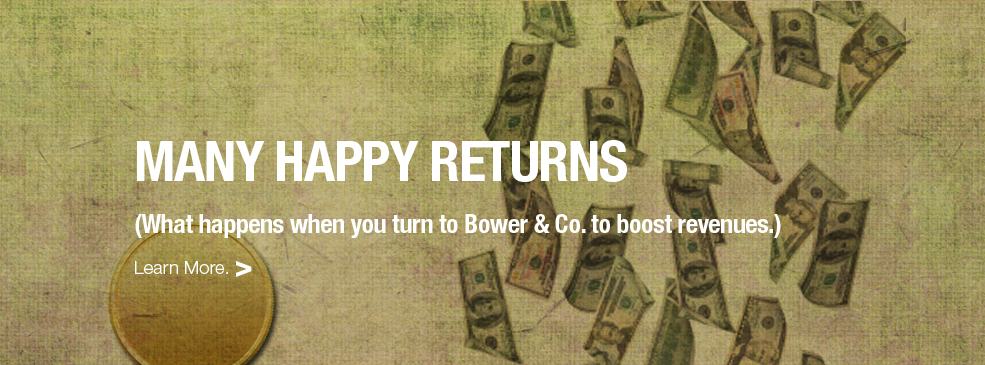We’re Broke. Want to Sponsor Us?
By Gail S. Bower
I can scarcely think of a worse sales pitch than, “We’re broke, and we need your money to pay our bills.”
Yet that was precisely the underlying pitch New Orleans officials used to sell, or perhaps justify, corporate sponsorship rights to the 2006 Mardi Gras. The city wanted the money to pay for police overtime, trash clean up, advertising, and other costs it would incur for that year’s event, the first since Hurricane Katrina battered the city’s physical and financial infrastructure.
Three years later, a complex set of manmade forces has delivered equivalent devastation to most U.S. state and municipal budgets, leaving officials grasping for ideas on how to pay for parks, prisons, and potholes. Besides levying petty fines and threatening service cuts, corporate sponsorship is among the suggestions.
I urge government officials, along with nonprofit and event/festival leaders who may be facing similar revenue challenges, to heed the lessons of the 2006 Mardi Gras. While I have no doubt that sponsorship of Mardi Gras, along with many city, state, and nonprofit programs and events nationwide, would represent excellent value for the right corporate partners, this sales pitch represents precisely the mindset we need to abandon.
Corporations do not sponsor events or programs to bail municipalities and organizations out of deficits or funding squeezes. Corporations sponsor successful events or programs that offer them high value, with strong returns on their investments.
Corporate sponsorship dollars are not jackpot winnings from a slot machine. They are not quick bucks made to waylay cash flow problems or fend off some negative state. This income is derived after careful decision-making to develop a new market, the corporate market, for an operation’s business development efforts.
Yes, this income will allow cities, states, and non-profit organizations to pay their bills. True also: governments and nonprofits may need to develop this revenue urgently to diversify income streams. However, these operations will have a much greater chance of success with corporate sponsorship when coming from a position of strategic strength rather than from one of financial desperation.
5 Steps to Sponsorship Success for Civic and Nonprofit Leaders
Here are the five key steps your operation needs to take to lay the important groundwork to prepare for success with corporate sponsorship.
Staffing.
First, be clear that your operation is prepared to launch and sustain the initiative. Sponsorship development, like any endeavor, requires ongoing attention from staff members to create new opportunities; to cultivate relationships with potential partners; to share these ideas with and market them to prospective corporate partners; to negotiate these deals; and ultimately to fulfill the benefits and obligations of the partnership. Who on your staff will be responsible for developing sponsorship? How will this person or team be supported? How will these responsibilities fit in with overall responsibilities?
Assets.
Next, in order to develop sponsorship opportunities, your team must conduct an audit of the assets that your organization offers the corporate market. What assets will you leverage to provide value to corporate partners? How will you know that these assets are of value and will meet your customers’ needs?
These assets take the form of access to your audiences through marketing efforts and through the value of your programs or events. Corporate sponsorship is distinct from other vehicles in the traditional marketing mix because it offers qualitative experiential benefits. Simply sticking a logo on a brochure is not corporate sponsorship. It is also of very little value to corporate marketers. How will your operation enable experiential opportunities for corporate partners? How will these interactions showcase the sponsors’ products or services before your customers?
Value.
Conducting this audit will help your team become keenly conversant with your corporate sponsorship service and will help you recognize the value in your programs or events to meet the business and marketing goals of corporate partners. With this understanding, you will then be able to assign fees to this value. Here’s where a little creativity comes into play. How can you package these benefits to ensure that you meet your partners’ goals and that you don’t leave money on the table?
Marketing.
The next step is to hit the streets and begin marketing your sponsorship opportunities. The key to this sort of marketing–or selling–is in cultivating and developing relationships. Be sure your team has adequate time and resources to research appropriate partners, cultivate relationships with these individuals, propose ideas, negotiate deals, and ultimately attract corporate partners for your operation’s programs or events.
Fulfillment.
The relationship doesn’t end with the signing of an agreement. Next the team will fulfill your operation’s obligations and help your new partners execute meaningful collaborations. There are deadlines, artwork to develop, even more details to negotiate as the plans and ideas come to fruition.
And this process is ongoing. Just like the development and growth of any new product, service, or program.
If you’re considering sponsorship to help diversify your revenue, think of corporate sponsorship as a new service your operation offers. First, develop a strategy. Understand the value you have to offer partners. Take the time to ensure that you have the proper infrastructure, competence, resources, and cultural support for your sponsors to thrive.
Postpone corporate sponsorship development until you are able to launch the program with a service that prospective partners need and want, no matter how urgently you may need the income. Allocate resources for the start-up phase, and be sure there are policies and adequate cultural support. Think big. And don’t beg.
 For Sponsorship Sellers | in
For Sponsorship Sellers | in  Corporate Sponsorship |
Corporate Sponsorship | 







Reader Comments